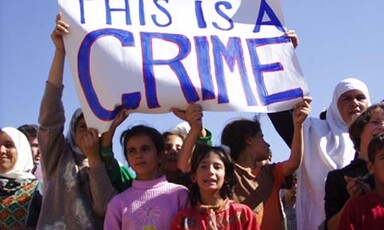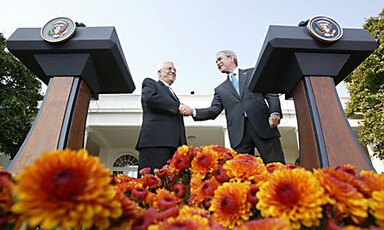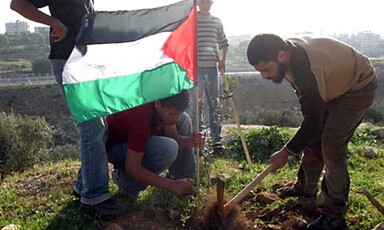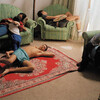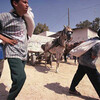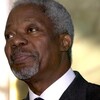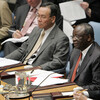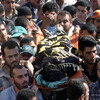
Israel assassinates two Palestinians in Tulkarem
24 October 2005
Israeli forces committed another extra-judicial execution. Israeli forces invaded Tulkarem and two refugee camps east of the city. After they imposed a curfew on residents, Israeli soldiers tooks positions in the Marba’at Hannoun area. They stopped a car and forced the driver out, opened fire and killed him instantly. Israeli forces saw an armed Palestinian from an alley and opened fire, hitting him with two bullets in his leg and hand. He fired a few bullets at the soldiers and took refuge in a nearby house. Israeli forces fired a rocket at the building. A man was climbing the stairs. Israeli forces shot at him from close range. He was killed instantly. The two Palestinians were identified as Majed al-Ashqar and Lo’ay El-Sa’di. Read more about Israel assassinates two Palestinians in Tulkarem
